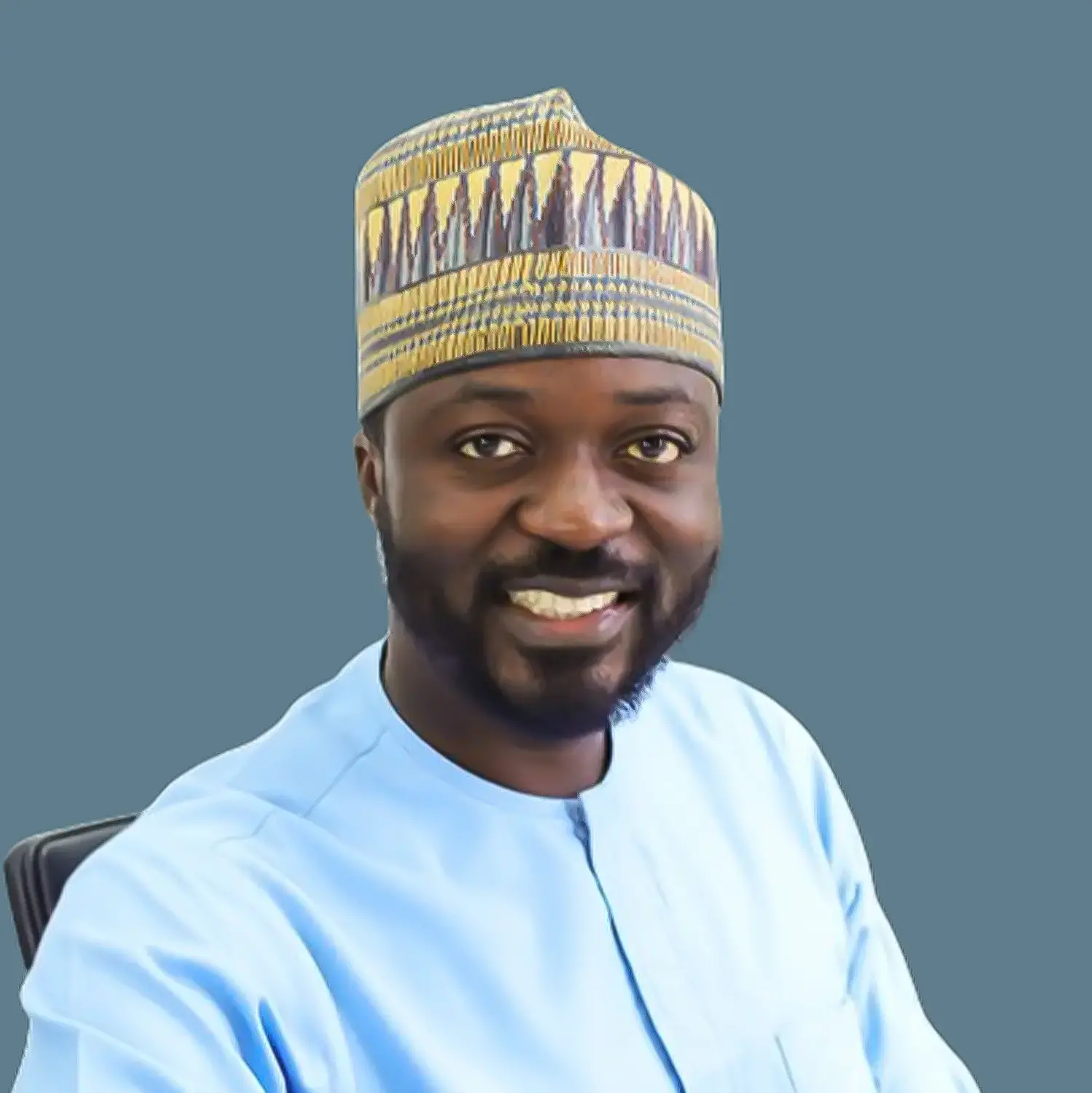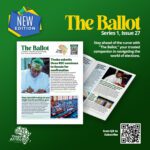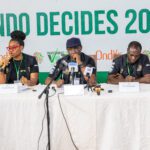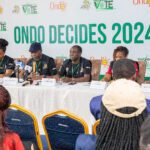*By Ibrahim Faruk
On October 1, 2013, President Goodluck Jonathan in his Independence Day broadcast to the nation, declared the intention of his Government to organize a National Dialogue as a way of resolving the intractable security and political crises in the country.
11 years later, on October 1, 2024, President Bola Tinubu in his Independence Day broadcast to the nation, announced the gathering of a National Youth Conference ‘to address the diverse challenges and opportunities confronting our young people, who constitute more than 60 per cent of our population’. History has sort of repeated itself.
While President Jonathan stated that his government’s resolve to convene a National Dialogue amounted to the acknowledgement of the agitation for a conference to find solutions to the myriad problems confronting the country, particularly those issues that continue to militate against national cohesion and development, President Tinubu’s motivation for the National Youth Conference is ‘to provoke meaningful dialogue and empower our young people to participate actively in nation-building. By ensuring that their voices are heard in shaping the policies that impact their lives, we are creating a pathway for a brighter tomorrow’.
In the past 4 years, Nigerians youths have resorted to using protest movements especially the #EndSARS protests of October 2020 and the #EndBadGovernance protests of August 2024 as a means of expression on the challenges young people face in relation to ‘education, employment, innovation, security, and social justice’. The response to these demands by hosting a Conference remains a curious one.
Not only that, the 2023 General Elections sharply divided the youth population across political, ethnic, and religious lines. It was the first time that the monopoly of the ‘two big parties’ was broken during a presidential election with votes cast across various parties. An analysis of election results across the country also showed patterns of ethnic and religious affiliations influencing voter choices. The proposed National Youth Conference could be an opportunity to unite Nigerian youth regardless of their political, ethnic, and religious affiliations and ensure a truly representative meeting of minds.
The President added that, ‘The modalities of this Confab and selection of delegates will be designed in close consultation with our young people through their representatives. Through this confab, it will be our job as leaders to ensure that their aspirations are at the heart of the conference’s deliberations. The government will thoroughly consider and implement the recommendations and outcomes from this forum as we remain resolute in our mission to build a more inclusive, prosperous, and united Nigeria’.
According to President Tinubu, ‘The 30-day Confab will unite young people nationwide to collaboratively develop solutions to issues such as education, employment, innovation, security, and social justice’. The duration of the conference is a departure from the 2014 National Conference which lasted for five months.
It remains to be seen if the number of delegates for the National Youth Conference will mirror that of the 2014 National Confab which had a membership of 494 people, or will differ from it. Either way, this will go a long way in determining public opinion on the Conference at a time when even a 30-day conference is seen as too long a time for young people to develop solutions to the nation’s challenges.
The 2014 National Conference had 18 ‘youth delegates’ from The National Youth Council of Nigeria (NYCN), National Association of Nigerian Students (NANS) and ‘Other Youth Organizations’. This represented only 4% of the 494 delegates who participated, a paltry amount for a country that is a predominantly young country, with about 70% of its population below 30 and a median age of 18. The proposed National Youth Conference, on the other hand, will be 100% young people, ensuring that the resolutions are reached by youths and for youths.
Since the announcement for the National Youth Conference there has been little public information about the modalities for nomination and selection of the delegates for the Conference. As representation is at the heart of a democracy, questions will be raised about the modalities of nomination and selection of the delegates for the National Youth Conference just like it was with the National Conference of 2014 . The diverse and heterogenous nature of Nigerian youth must remain at the center of the selection process to ensure a National Youth Conference is not turned into a conference of narrow political, ethnic, or religious interests.
It can be expected that the nomination and selection of the conference delegates and leadership will sharply divide opinions across age classifications, political, ethnic, and religious interests, as is often the case with such high-profile political matters in Nigeria.
But it is important to reemphasise that the current age classification for youth according to the National Youth Policy is 15 – 29, while the African Youth Charter which Nigeria is a signatory to classify youth as between 18 – 35. It is these age classifications that will be used to determine whether the National Youth Conference is truly reflective of youth in its leadership and composition of delegates. As such, it is important for the government to keep this at the top of its mind as it selects delegates for the conference.
While a date has not been fixed for the conference, it is unlikely that it will be before 2025. As a comparison, President Jonathan inaugurated the National Conference on March 17, 2014, six months after the conference was announced. It is likely that the National Youth Conference would take that long before it is inaugurated.
Previous National Conferences have been hailed as a resounding success by the governments which hosted them but were dismissed by critics as a diversionary tactic and waste of resources. While we wait for the National Youth Conference 2025, many young Nigerians will feel this one will be no different to its predecessors. President Bola Ahmed Tinubu, the Secretary to the Government of the Federation (SGF), the Minister of Youth Development, members of the National Assembly and all other public officials who will host this conference and follow up on the implementation of its recommendations – have an opportunity to prove the naysayers wrong.
Ibrahim Faruk is the Program Coordinator of the Africa Division with Yiaga Africa and is a member of the leadership and strategy team of the Not Too Young To Run Movement. He can be reached via fibrahim@yiaga.org, and tweets @IbrhmFaruk. The article was first published in The Cable.




